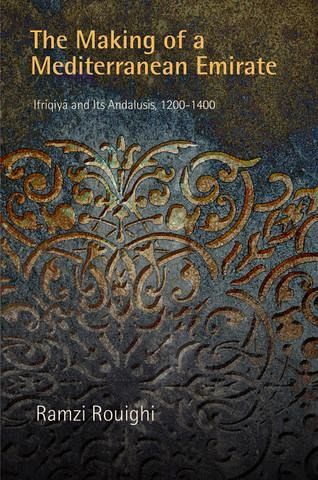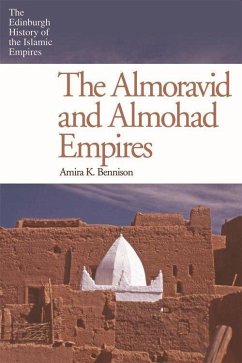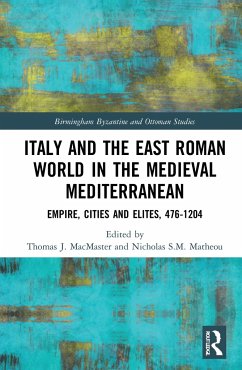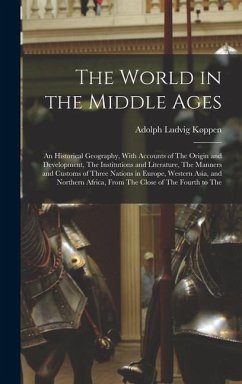
The Making of a Mediterranean Emirate
Ifriqiya and Its Andalusis, 12-14

PAYBACK Punkte
32 °P sammeln!
This book argues that between 1200 and 1400 Ifriqiya was not an economic or political region. It shows how Emirism, a political ideology that emerged at the end of the fourteenth century, led both medieval sources and modern historians to imagine Ifriqiya as a region.
Ramzi Rouighi teaches history at the University of Southern California.













